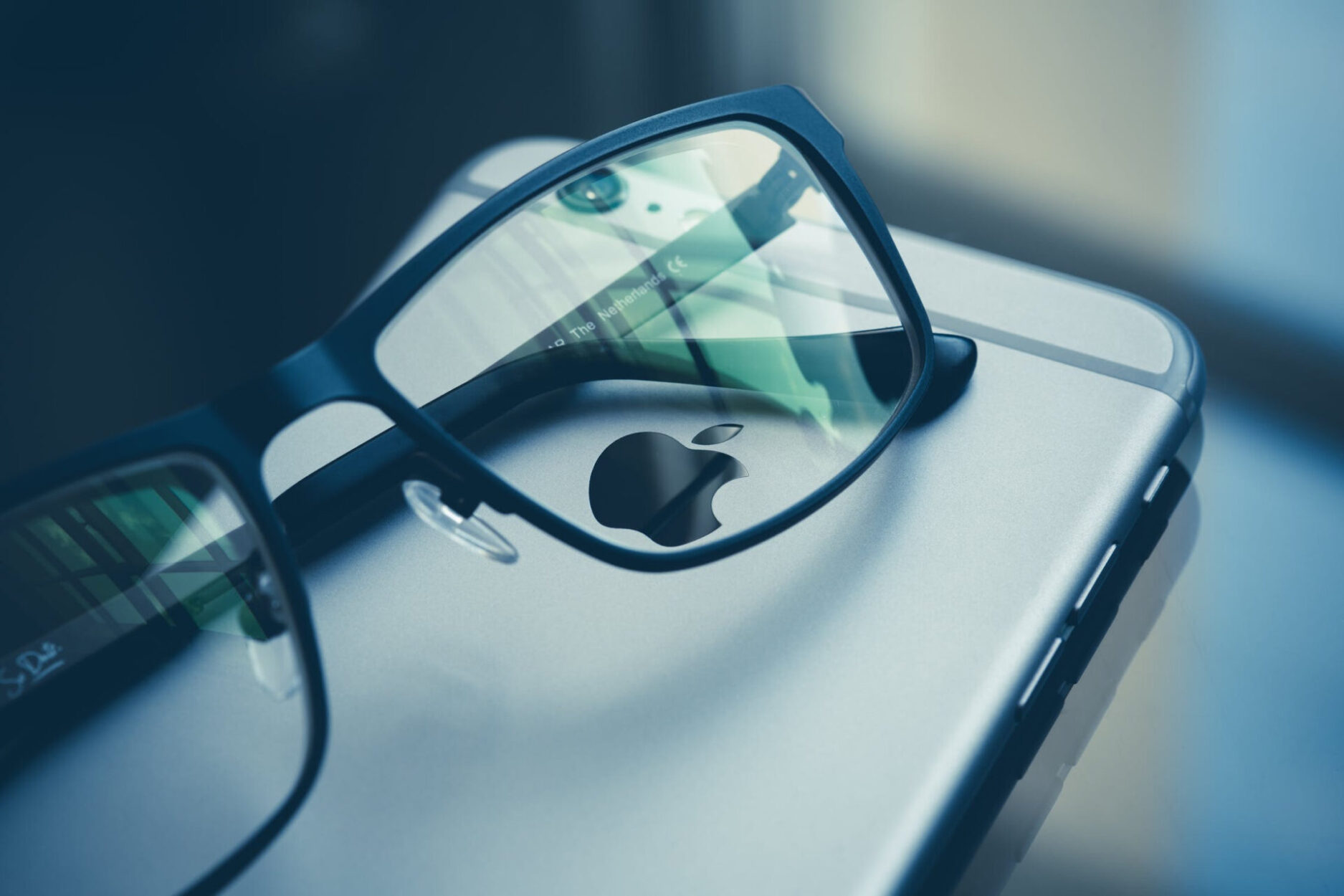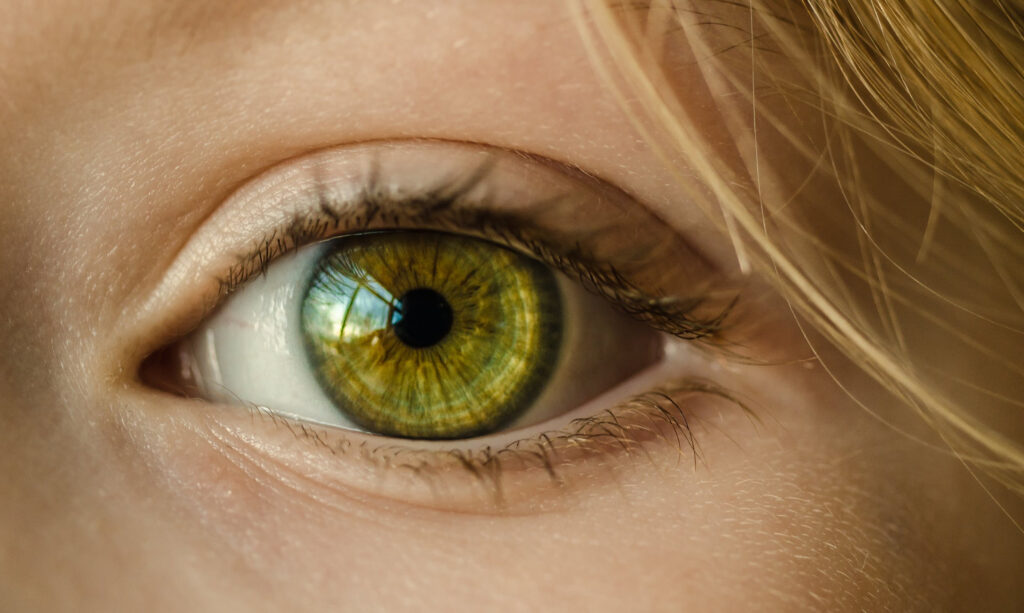One of your most important senses is eyesight. This is why protecting it is one of the most important things you can do, to ensure that you continue to see the world with the same efficacy you do now. A loss of eyesight can mean a number of things, including reduced quality of life. Like other organs in your body, your eyes can lose their potential as you age, but how far their potential deteriorates comes down to the choices you make throughout your life. Here are some things you can start doing today that are key to preserving the health and longevity of your eyes.
Eat a Balanced Diet
A well-balanced diet ensures that your eyes get the nutrients and vitamins necessary to maintain their health, and possibly improve them. Namely, the nutrients you want to be on the lookout for are antioxidants, like Vitamins A, C, and E, carotenoids lutein and zeaxanthin, omega-3 fatty acids, and zinc; foods rich in these nutrients are fruits, leafy greens, and fish. These nutrients are specifically important to the health of the macula — the central portion of the retina responsible for processing sharp, clear vision. Similarly, an insufficient intake of these nutrients can harm the macula, which can result in macular degeneration, and increase the risk of other vision problems such as cataracts and those which arise with age. To ensure your body receives the necessary amounts of these nutrients, and by extension your eyes, you may want to consider using supplements, with the consultation of a health professional.
Exercise & Stay Healthy
Just as regular exercise benefits the overall health of the human body, it also does so in particular for the eye. Exercise, even in its simplest form, leads to improved blood circulation, which boosts the removal of toxins and improves oxygen levels reaching the eyes. This can significantly reduce the risk of many eyesight problems, specifically those of an age-related nature. Exercise coupled with a healthy lifestyle can also help you maintain a healthy weight. Add that to blood sugar levels kept in check, then you lower your chances of developing type 2 diabetes, which can seriously harm your vision in addition to its other complications.
Limit Screen Time
Technology has, without a shred of doubt, made our lives easier across all areas of our lives. However, our dependence on technology can leave us staring at screens for hours a day, whether at work or at home, which exposes your eyes to a lot of blue light — high frequency, high energy visible light. In the short-term, this continuous exposure can result in eyestrain, dry eyes, and headaches, amongst other things; and in the long-term, it can cause serious vision problems. One of the best ways for reducing the impact of blue light is to invest in a pair of blue screen glasses or look into reading lights and bulbs that reduce the effects of the blue light. You’ll find that there are companies that specialize in doing so and provide lens as well as bulbs that effectively reduce the damage blue light can do. Other precautions can also be taken to further reduce the impact of blue light, including keeping screens at a distance, applying blue light filters on the screens, and using lubricating eye drops.

Use Protective Eyewear
It is no secret that sunlight carries with it a type of electromagnetic radiation known as ultraviolet (UV) light, which can be harmful to your eyes and then some. That is why it is essential that you wear sunglasses when outdoors during the daytime, to limit your eyes’ exposure to UV rays. Since UV light comes in both UVA and UVB types, make sure the sunglasses you choose to protect you from both, and reduce your chances of developing eyesight problems. If you wear contact lenses, then you might also opt for a pair that offers UV protection. This notion of protective eyewear extends to occupations or activities which put your eyes at risk of injury.
Monitor Your Physical Health
Noticeable changes to your vision can be telltale signs that it is time to see your ophthalmologist. A comprehensive eye exam can then determine what your eyes suffer from and the action steps needed to correct or mitigate the harm done. What you should rather be doing is to visit your ophthalmologist for regular eye exams. Regular eye exams can help spot diseases early on, even those with no early symptoms, when results attained are at their highest and treatment is easier. Keeping tabs on other areas of your physical health can be just as important, since some diseases can incur eyesight complications, such as diabetes and high blood pressure.
Eyesight is a precious and valuable thing and preserving its health and longevity can be easily accomplished by generally keeping a healthy lifestyle, using protective eyewear, and monitoring your health. Simple life choices can evidently yield great long-term results. More importantly, taking proactive action is key to ensuring your eyes continue to serve you to the best of their ability, throughout the course of your life.

